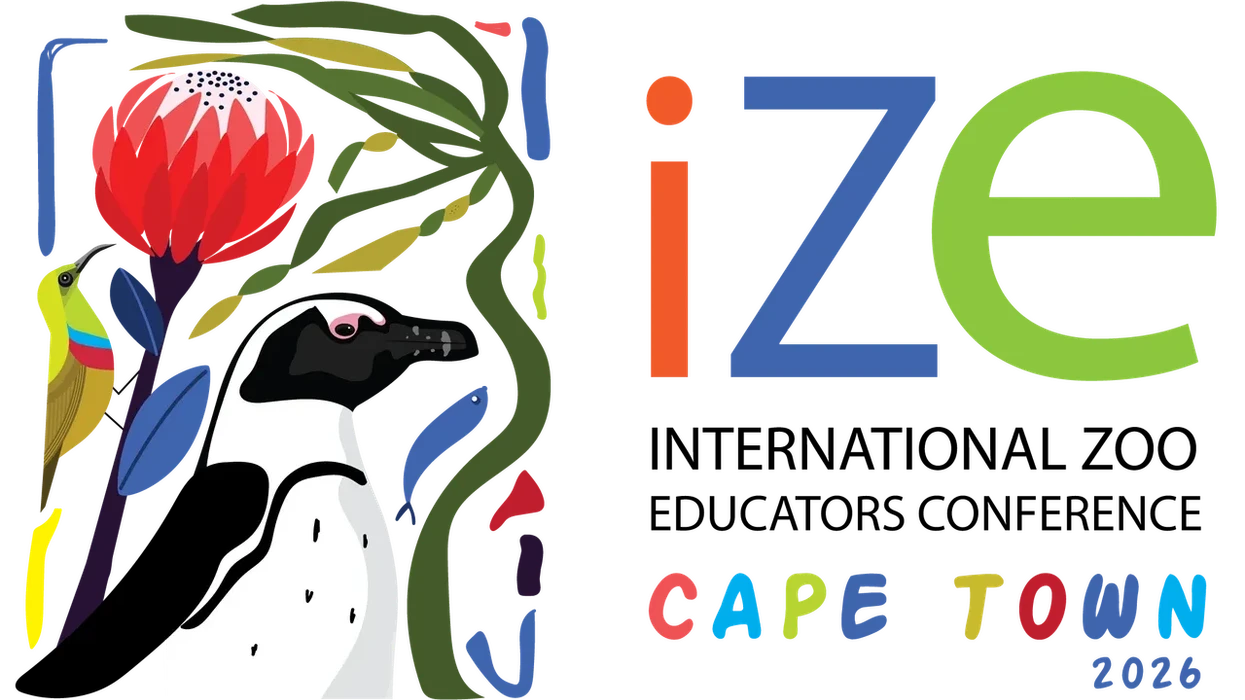In 2026, ISE continues to grow both in scale and scope, bringing together established brands and emerging innovators across AV, live events, immersive experiences, education, smart buildings, and cybersecurity.

Thought leadership and practical insights will be at the forefront, with the inaugural CyberSecurity Summit tackling one of the sector’s most urgent issues and new platforms like Spark encouraging cross-industry collaboration and creative partnerships.
This year's programme showcases the latest in interactive displays, AI tools, sustainability efforts, digital signage, and enterprise solutions, meeting the growing needs of professionals creating connected experiences in venues, campuses, and public spaces worldwide.
Whether attendees have a focus on lighting design, unified communications, venue management, or experiential technology, ISE 2026 will be the premier platform to explore future developments in AV and systems integration.
What's new at ISE 2026?
“At ISE, we are dedicated to inspiring the community and exploring what’s possible,” says Mike Blackman, managing director of Integrated Systems Events. “Each year, we aim to deliver an experience that fuels creativity and drives innovation.
"ISE 2026 will open new horizons, ignite fresh ambition, and bring together the global AV and systems integration community for an unforgettable celebration of innovation - where ideas take form, and the future begins to unfold.”
The CyberSecurity Summit is a key new feature of the 2026 content programme.
Scheduled for Thursday 5 February 2026, the Summit will address the growing cybersecurity threats facing the professional AV and systems integration sectors, as digital risks increasingly affect critical infrastructure, smart buildings, venues, and public services.

This year's edition will also see the launch of Spark.
This will serve as a central hub for creative professionals, technologists, and decision-makers to connect, exchange ideas, and explore the future of creativity. It will focus on the power of convergence, cultural intelligence, new collaboration methods, immersive storytelling, AI, and innovation.
Spark combines practical labs, immersive environments, thought-leadership sessions, and networking opportunities to inspire current and future creative talent. It offers a space to experiment with new tools, share perspectives, and see creativity in action.
ISE will also bring back Innovation Park in 2026. Building on its 2025 success, the expanded event in Congress Square links investors directly with innovative startups, enhancing investment opportunities.
“Innovation Park is a dynamic marketplace where startups, buyers, and investors can come together to explore the future of AV and systems integration,” says Blackman.
“Whether you're looking for high-growth investment opportunities or groundbreaking solutions ready for implementation, Innovation Park is the place where ideas and opportunity meet.
"At ISE, we’ve always championed innovation and challenged expectations, and Innovation Park is the perfect example of how we continue to push beyond today to find tomorrow’s solutions.”
Keynote speakers
Matt Clark, the renowned British artist and visionary founder of United Visual Artists (UVA), will serve as the creative keynote speaker at ISE 2026.
Clark, known for blending art, technology, and architecture, creates captivating artworks using light, code, sound, and choreography at major venues worldwide. His keynote will inspire audiences to rethink art, technology, and the environment.
On Tuesday 3 February 3 at 3.30 pm, Clark will present Hidden Order: Building a Performance-led Mapping at Casa Batlló, from Concept to Implementation. This session offers a rare behind-the-scenes look at the façade mapping for Casa Batlló, created with UVA, scheduled for 31 January and 1 February 2016.
 Matt Clark
Matt Clark
‘Hidden Order’, the commissioned artwork, marks Casa Batlló’s 5th annual mapping, offered free to Barcelona's public. It uses the building as both subject and tool to extend Gaudí’s legacy through inspiration and reinterpretation, focusing on his relationship with geometry and nature.
Through light, motion, and sound, the façade is deconstructed and reassembled, with choreography and human movement as core elements. Clark’s keynote will detail the Casa Batlló commission, covering initial impressions, research, prototyping, content systems, technical design, show control, and onsite delivery.
He will explain how UVA transforms architectural logic into a visual system, working with a diverse team of artisans and specialists to move from studio tests to realisation, showing how constraints influence the final composition.
 Sol Rashidi
Sol Rashidi
AI pioneer Sol Rashidi will be a keynote speaker, stepping onto the stage at 3 pm on Wednesday 4 February.
Rashidi’s keynote, titled The AI Reality Check: What It Takes to Scale and the Future of Leadership, will examine how AI is no longer just a buzzword but a complex landscape filled with hype, half-truths, and serious challenges. Executives face pressure to act quickly, yet many rely on noise instead of facts to inform their decisions.
In this session, Rashidi will explain the current state of the AI market, introduce frameworks and models, and highlight the significance of AI Governance and cybersecurity for effective scaling.
Using her expertise, she will discuss how to evaluate AI projects and safeguard data, the workforce, and competitive advantage.
Highlights from the ISE 2026 agenda
Produced by AVIXA, CEDIA, and ISE, the Content Programme offers a wide-ranging series of ticketed summits centred on major vertical market sectors.
In 2026, it introduces Megatrends sessions focusing on six key areas: AI, Cybersecurity, Robotics, Smart Spaces, Sustainability, and TradeScape. CEDIA also hosts its Smart Home Technology Conference for professionals seeking relevance, depth, and inspiration for their careers and businesses.
The programme includes Business Forums that explore AV business opportunities between Europe and Latin America, as well as AV investment strategies.
 ISE 2025
ISE 2025
Additionally, it features the largest-ever lineup of free-to-attend content, encompassing ISE Keynotes, the Live Events Stage, AVIXA- and CEDIA-operated stages, the Pitching Stage, and Congreso AVIXA’s Spanish-language content in collaboration with key partners.
Tuesday 3 February
Highlights on Tuesday include The Art of Immersion: Exploring Creative Content in Digital Spaces at the AVIXA Xchange LIVE stage, hosted by Pep Salazar, director of OFFF Festival
This explores the evolving landscape of immersivity in digital content as OFFF Festival redefines immersive experiences beyond traditional 360 environments. It guides attendees through the latest innovations and artists, showcasing real-world examples and videos.
Another interesting session on the AVIXA Xchange LIVE stage will be Sustainability: From Seed to Strategy, led by the AVIXA Sustainability Advisory Group.

This will break down sustainability into simple, actionable steps. From establishing internal strategy to integrating sustainability into project design and creating greener partnerships with customers and suppliers, the session is a guide to making sustainability achievable, not overwhelming.
Speakers include Thomas Serbruyns of Barco, Carolina Sosa from Integración AV, Ray Kent of Harvey Marshall Berling Associates, and Kelly Bousman from AVI-SPL.
Join the Sustainability Advisory Group after the session for networking and discussion on initiatives for 2026 and beyond.
Wednesday 4 February
On Wednesday afternoon, the Live Events Stage will host a session called Cirque du Soleil: ALIZÉ, in which the creative and production team behind Cirque’s latest Berlin residency take to the stage to reveal how one of their jaw-dropping shows comes together.
 ISE 2025
ISE 2025
Over on the AVIXA Xchange LIVE stage, InfoComm Asia's June Ko will host Unlocking APAC: Your Gateway to Asia’s AV Boom. Asia Pacific, one of the fastest-growing AV regions, is fueled by smart cities, digital transformation, and investments in education, entertainment, and enterprise.
This chat offers insights and strategies to access APAC’s markets, highlighting key opportunities, cultural and business nuances, and InfoComm Asia and India as gateways to success. Attendees can stay afterwards for an exclusive networking opportunity with industry peers and experts.
Thursday 5 February
One key session on Thursday will be On the High Seas at the Live Events Stage, an in-depth look at the advancing world of AV on high-end cruise ships. Speakers include Paul Byrne and Royal Caribbean's Matt DeJong.
Also on the Live Events Stage, A Quest for a Greener Future will discuss how the events industry is addressing sustainability in 2026. It will be hosted by Stew Hume of Total Production International [TPi] with insights from Axelle Meunier of L-Acoustics and Andy Land from Focusrite.
 ISE 2025
ISE 2025
Drones are on the agenda for the Live Events Stage in the afternoon in The Sky becomes a Stage - The Art and Technology of Drone Spectacles, led by Pawel “Spider” Pajak.
Drone swarms transform the sky into a performative canvas through large-scale aerial storytelling that covers algorithmic choreography, audience emotion, safety, regulation, and physics.
This conversation explores how drone performances are emerging as a new discipline at the intersection of art, data, and live cultural experience.
Friday 6 February
On Friday, Solutions Circle: Technical Challenges in Immersive Storytelling on the AVIXA Xchange LIVE stage will discuss performance constraints, system reliability, content pipelines, audience behaviour, and the realities of reactive storytelling.
This interactive discussion invites attendees to share questions, concerns, and project experiences to explore where immersive storytelling succeeds, fails, and what tools and workflows must evolve for next-generation venues.
Meet the exhibitors
AV Stumpfl - booth #3A500
AV Stumpfl, the Austrian award-winning creator of mobile and installation projection screens, multi-display and show control systems, will return to Integrated Systems Europe with a major update to its PIXERA media server platform.
Aligning with ISE 2026's Push Beyond theme, AV Stumpfl will unveil the powerful PIXERA four GEN2 media server, designed for demanding real-time graphics, XR/AR broadcasts, and virtual production.
Alongside GEN2, the company will introduce the PIXERA four GEN2 RS, a media server platform optimised for rental and staging projects requiring ruggedness and reliability.
AV Stumpfl will showcase PIXERA 26.1, continuing its shift to year-based versioning started with PIXERA 25.x (2025). This change aligns with the new Update Access Package (UAP) model, offering customers ongoing updates and fixes.

Recognising the rapid adoption of IP video in broadcast, live events and installations, AV Stumpfl will demonstrate PIXERA’s latest SMPTE ST 2110 features, including Rivermax workflow support and compatibility with Matrix Video.
AV Stumpfl is advancing its screens configurator, simplifying the process of specifying and ordering complex screen systems. The tool helps integrators define parameters such as screen type, size, surface, frame, and accessories, and generates a parts list and pricing in a single environment, streamlining a traditionally complex process.
While AV Stumpfl is known for its responsive technical support, the company emphasises that much of its effort now goes into making that support almost invisible in day-to-day operations, reflected in its investment in tools such as the new configurators and existing guides, such as the PIXERA help centre.
The ISE 2026 line-up reflects its customer-first philosophy, aiming to reduce the need for users to pick up the phone in the first place.
Barco - booth #2K300
Barco, a technology company specialising in innovative visualisation solutions, will be exhibiting several exciting products.
Attendees can witness the new QDX RGB projection, which delivers sharp native 4K resolution, vibrant RGB colour performance, and next-generation Pulse processing for ultra-smooth motion.
The I600 multi-channel installation showcases a compact single-chip system capable of delivering 4K UHD via Supershift up to 120 Hz, complemented by a wide lens selection ranging from 0.37 to 7.4:1 to accommodate tight installations and rapid setup.

The Encore3 demos highlight a system that's better, faster, and stronger, providing robust performance, flexible workflows, and a clear path for future upgrades, and the new SwiftAgent combines production precision with event agility as an all-in-one hybrid switcher that uses artificial intelligence to track, frame, and switch efficiently.
Visitors can also explore the LED showcase, featuring InfinipixTM processing and dual eyepoint viewing, with guidance from experts on Barco's LED capabilities.
Additionally, Pulse software sessions will be held in the Barco meeting room, demonstrating advanced fleet control, automation, and workflow optimisation through the latest Pulse features.
The exhibition will include static projection units such as QDX, UDM, I600, F400, and G50, along with the Liquid-to-Air cooler.
Barco is powering the expansive visuals in CLEOPATRA, THE IMMERSIVE EXHIBITION, which is showing at Matadero Madrid until March.
Beckhoff - booth #5H390
Beckhoff Automation, an innovator in PC-based control technology and automation software for the entertainment and leisure industries, will show how attendees can use open automation solutions to create the ultimate guest experience.
All technical systems can be integrated into the platform via interfaces, from audio/video systems (Pixera, Riedel, SMODE) to lighting and stage tech. Users can connect Beckhoff's I/O terminal system directly to their show control software.
Scalable industrial and embedded PC platforms ensure optimal performance, and Beckhoff's compact economy drive system offers strong alternatives to established drive solutions.
The AX1000, AM1000, and AF1000 systems offer a highly optimised, fully integrated drive solution, including high-performance AM1000 synchronous servomotors, AX1000 servo drives, and AF1000 variable-frequency drives.

Available in single- and double-axis variants up to 1 kW (230 V AC) and 1.7 kW (400 V AC), with AF1000 units reaching up to 5.5 kW, these systems are easy to implement thanks to plug-and-play commissioning and diagnostics through TwinCAT tools.
An AI assistant for the entire automation lifecycle, TwinCAT 3 CoAgent helps program more efficiently by providing language-based code suggestions for PLC, HMI, and IO configuration. It enhances information retrieval by providing access to the Beckhoff Information System and context-related recommendations.
The system aims to minimise downtime with AI-supported error diagnostics and problem-solving. It increases transparency by analysing commissioning data during ongoing operations. Additionally, it features real-time guided troubleshooting with automatically generated repair instructions.
See also: Beckhoff Automation brings industrial muscle to the art of live entertainment
Christie - booth #3K500
Christie, the global visual and audio technology company, returns to ISE to demonstrate how its latest technologies open new possibilities, enable exceptional experiences, and drive powerful storytelling.
Showcasing an array of innovative and adaptable solutions, Christie will highlight its latest visual technologies across a range of immersive and interactive demonstrations, including 1DLP and 3DLP laser projectors, LED video walls, and image processing solutions.

Highlights include an interactive mask installation, illuminated by a new projector series debuting at ISE, and a large elephant sculpture that will be mapped using a trio of M 4K25 RGB pure laser projectors and Jazz Series 1DLP projectors.
Additionally, Christie will showcase its forthcoming LED video wall technology in a hands-on demo.
The company recently announced that it has supplied Griffyn 4K35-RGB pure laser projectors to the National Museum of Natural Science (NMNS) in Taichung, Taiwan, to upgrade the projection system at its Space Theater.
Digital Projection - booth #3K900
Digital Projection, a specialist in laser projectors, will be celebrating 30 years of innovation while showcasing the next generation of projection solutions built for simulation, visualisation, live events, and premium AV experiences.
For three decades, Digital Projection has been advancing visual technology with a focus on providing high-quality images for the most challenging applications.

Attendees can explore a curated selection of the company's latest projection technologies, including high-brightness laser projectors designed for large-scale and high-impact environments, as well as advanced 3-chip DLP solutions that deliver exceptional colour accuracy and contrast.
The team will also showcase compact, efficient models optimised for control rooms, museums, and immersive spaces, with real-world demos that highlight reliability, longevity, and image clarity.
Recently, Digital Projection supplied two TITAN 4K RGB laser projectors, each powered by Digital Projection’s Satellite Modular Light System (MLS), to Kilden Performing Arts Centre in Kristiansand, Norway.
Disguise - booth #4P500
Disguise, a global leader in media server technology and extended reality (XR) solutions, will showcase innovations with an immersive tunnel activation. This demonstrates how the firm is an ideal partner for powering large-scale activations, with real-time content projected onto surrounding surfaces.
Featuring audio-reactive scenes and IMAG-style visuals that place visitors directly on screen, the experience invites audiences to interact with the content and become part of the story. Developed by Disguise’s creative services team, the tunnel will also feature scheduled 360-degree takeover moments throughout the show.
Disguise will also invite visitors to take part in a hoop-shooting competition that integrates their own data into the visuals for a personalised result.

Building on the recently announced partnership between Disguise and ASB GlassFloor, the basketball activation will incorporate cutting-edge interactive LED flooring from ASB GlassFloor to demonstrate the impact of multi-surface interactive visuals.
Attendees can also discover next-generation workflow demos for live events and immersive experiences, with hands-on insight into the company’s latest software and workflows.
These include previews of upcoming projection-mapping tools, demonstrations of Disguise’s portable, software-only solution, X1, and innovation-focused demos showing how APIs, plugins, and AI-driven tools can improve flexibility and efficiency across complex projects.
Disguise hardware and software showcased on the booth include Disguise GX 3+, Disguise RXIII, Disguise EX2C, Disguise Designer, Disguise X1, Disguise Mapping Matter, and Disguise Ask AId3n.
There will be daily drinks on the booth at 4.30 pm, accompanied by a DJ takeover in the immersive tunnel. Disguise will also be participating in daily talks at 11.30 am on the INFILED booth (3B900).
Meetings can be booked here.
See also: Smart, seamless, spectacular: Disguise shapes a new era of immersive LBE
Hive - booth #5G700
Hive, a company specialising in media control systems and software, will exhibit at Integrated Systems Europe 2026 under the banner 'Ecosystem Evolution'.
Building on the launch of its Beeblade range, Hive continues to streamline the convergence of video, audio, and lighting across immersive, live, and commercial environments by relocating high-performance media playback hardware from remote racks directly into displays.
At ISE 2026, Hive will demonstrate how this evolving ecosystem delivers improved performance, greater efficiency, and tighter synchronisation across distributed systems.

The full Beeblade lineup will be on show, including the flagship Beeblade Nexus, the world’s first 8K60 media engine in SDM format, as well as modular enclosures and new software that unifies playback, control, and synchronisation across IP networks.
Hive will also showcase its expanding role in networked media workflows, with live demonstrations of SMPTE 2110 video-over-IP and Dante audio-over-IP over standard Ethernet. Central to this is Beesync, Hive’s proprietary HDMI Genlock technology, which uses lightweight machine learning to correct HDMI timing drift in real time.
Hive solutions will also appear across the show floor through partnerships with Panasonic, Epson, and ROE Visual. Live demonstrations run throughout ISE 2026, with private meetings available to book.
L-Acoustics - booth #7B190 & #2F620
L-Acoustics, industry leaders in designing and manufacturing sound systems and technology, will showcase the next generation of residential and commercial audio innovation at ISE 2026, inviting visitors to experience its technologies across three dedicated spaces.
Attendees can experience L-Acoustics through three distinct venues. At booth #7B190, there will be a comprehensive display of L-Acoustics loudspeakers, electronics, software, and solutions tailored for integrators and audio professionals.
Meanwhile, booth #2F620 offers a dedicated space for meetings and demos featuring Installed Sound solutions and HYRISS (Hyperreal Immersive Sound Space) technologies, ideal for conferencing, entertainment, and immersive lifestyle applications.
 L-Acoustics to showcase HYRISS tech and more at ISE 2026 blooloop.com
L-Acoustics to showcase HYRISS tech and more at ISE 2026 blooloop.com
Additionally, the Audio Demo Room in Hall 8.0, booth B4, hosts four daily sessions showcasing a range of systems, including the X Series, A Series, KS21, LA1.16i, LA7.16i, as well as L-ISA Immersive, Hyperreal, DJ, and Ambiance technologies.
HYRISS combines architectural elegance with spatial audio, allowing a single room to adapt instantly for cinema, music, live performance, or relaxation. Powered by Anima within the L-ISA processor, HYRISS gives integrators exceptional design freedom and delivers clarity, precision, and immersive impact.
L-Acoustics will also highlight Soundvision Connect, a new cloud-based extension of its Soundvision software that enables real-time collaboration and 3D sound design sharing. The compact LA1.16i amplified controller will be on show, offering 16 channels in a 1U footprint, Milan-AVB and AES67 support, and seamless integration for home, yacht, and luxury installations.
L-Acoustics experts will be available throughout the show for meetings and demonstrations.
See also: Sound in service of storytelling: L-Acoustics and Puy du Fou
Listen Technologies - booth #3S600
Listen Technologies, a provider of assistive listening, multi-language audio transmission and live-streaming audio solutions, and its strategic partner Ampetronic, a world-leading provider of hearing loop systems, will preview new and updated assistive listening products.
Several members of the Ampetronic and Listen Technologies team will be on hand to showcase their combined suite of solutions designed for venues and end users.
They will preview new Auri products, including an Auri Neck Loop. Auri is the world’s first Auracast broadcast audio-based solution for assistive listening. Listen Technologies and Ampetronic co-developed the award-winning Auri system to increase audio accessibility in venues and public spaces.

At ISE, Ampetronic and Listen Technologies will highlight several Auri installations across different venue types that demonstrate the system’s versatility, scalability, and ease of use.
The brands continually gather feedback about Auri and their other assistive listening solutions from channel partners, customers, and end users. This insight inspired the development of the new Auri Neck Loop and other products and updates across their Hearing Loop and ListenWIFI product lines, which will be on display at ISE.
Ampetronic and Listen Technologies will also offer demonstrations of ListenIR and ListenTALK. Attendees can schedule a meeting with Ampetronic | Listen Technologies at ISE 2026 by email.
Losonnante - booth #CS806
Losonnante, a pioneering company transforming how visitors connect with sound in public and cultural spaces, will showcase the latest evolution of its bone-conduction technology at ISE 2026.
At the show, Losonnante will introduce the newest version of its Whisper Box, a directional listening solution that delivers highly localised audio without headphones. Alongside this established product, the company will debut two new solutions available for hands-on testing during ISE.
The first is the Harmony Box, which uses the same bone-conduction listening principle as the Whisper Box but transmits sound through the back of the head.

Designed for integration with various seating types, the Harmony Box opens new possibilities for immersive, personal audio experiences in museums, exhibitions, themed attractions, and public spaces.
The second new product is the Vibe speaker, a compact bone-conduction speaker that can be used with a single elbow.
This unconventional form factor is intended to inspire audiovisual integrators and designers to rethink how and where sound can be delivered, enabling a wide range of creative and discreet installation scenarios.
Losonnante’s solutions are aimed at environments where targeted, intimate audio is required without sound spill, supporting applications such as interactive exhibits, cultural venues, experiential marketing, and location-based entertainment.
The Losonnante team will be present on the booth throughout ISE 2026, including Fabien Rolland, co-founder & CEO; Olivier Lebas, co-founder & president; Jérôme Maisonnasse, R&D director; and Gaëlle Dubois, business developer.
Meetings can be booked here.
Modulo Pi - booth #5F220
Modulo Pi, a provider of media server solutions with a user-friendly design, will present its latest media server innovations, including the official debut of Modulo Kinetic Version 7.
Visitors will be invited to explore the platform’s new capabilities through an immersive and interactive projection experience. The Modulo Player media server and Modulo Pi’s projector auto-calibration solutions will also be demonstrated.
Modulo Kinetic V7 introduces numerous enhancements, including expanded integration of 3D projector and lens models for accurate projection studies, a more intuitive and flexible user interface for multi-screen workflows, and compatibility with the ISAAC web platform.

New interactivity tools and a built-in 3D projector auto-calibration module further extend the system’s creative and technical possibilities.
The booth demonstration combines Modulo Kinetic with 2D and 3D LiDAR sensors, allowing visitors to interact with projected content in real time using movement and gestures. The experience highlights Modulo Kinetic’s native strengths, such as its real-time 3D engine, integrated effects library, and nodal programming environment.
Modulo Pi will also demonstrate its advanced projector auto-calibration solutions. Using PoE cameras, these optional modules automatically calculate and correct projector alignment, overlaps, and geometric distortion within minutes.
A 2D auto-calibration setup, compatible with both Modulo Player and Modulo Kinetic, will be shown in a dome configuration, alongside the new 3D auto-calibration module designed for complex, non-planar surfaces.
Modulo Pi celebrated its 15th anniversary in November 2025.
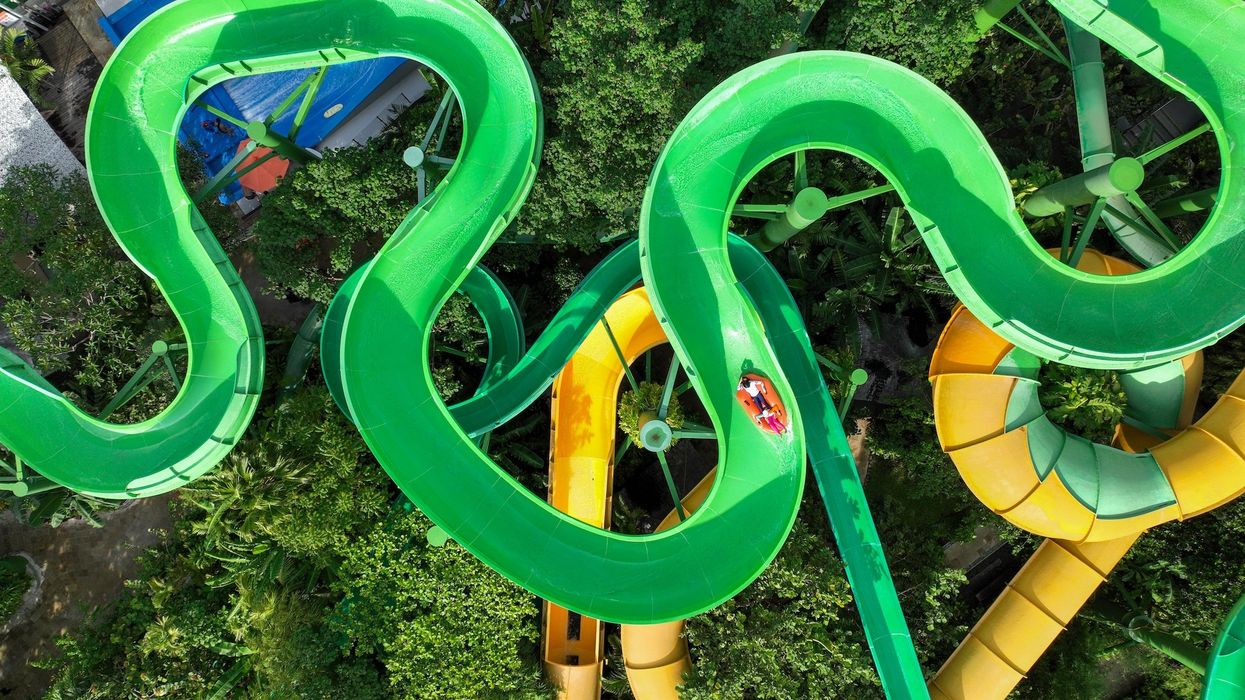

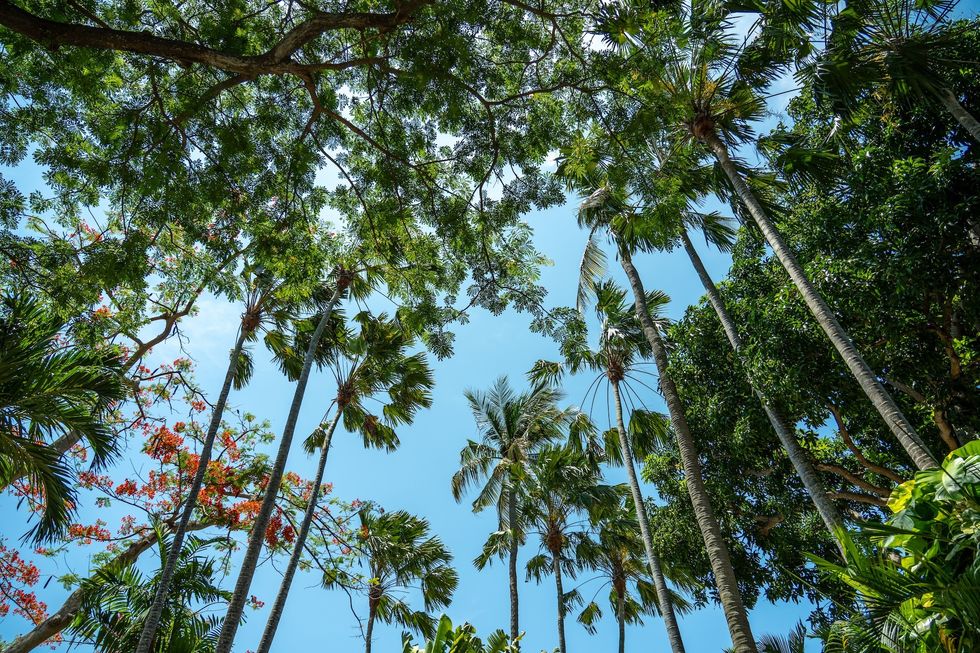
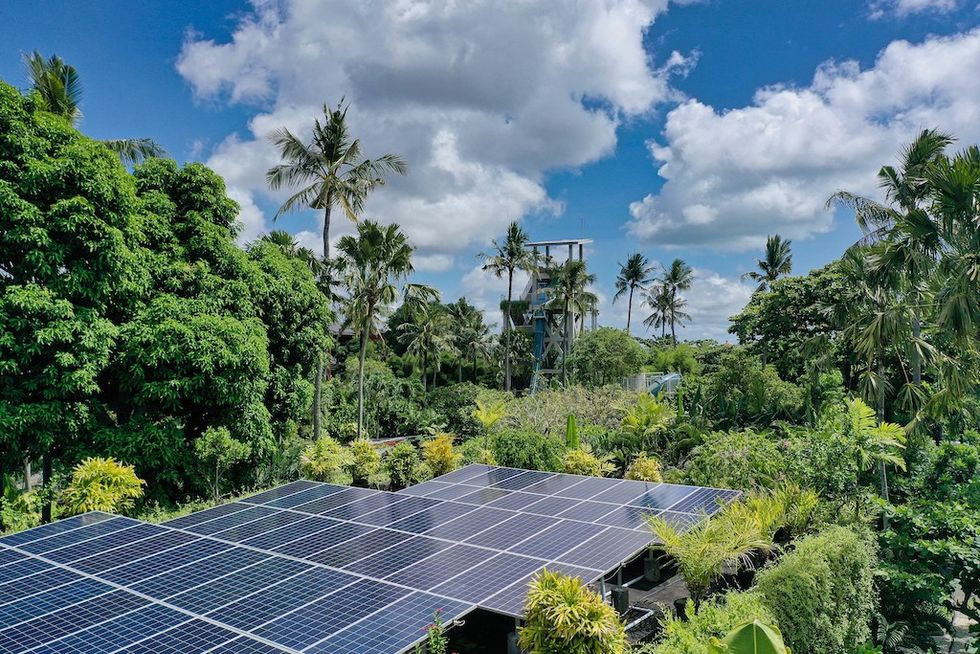
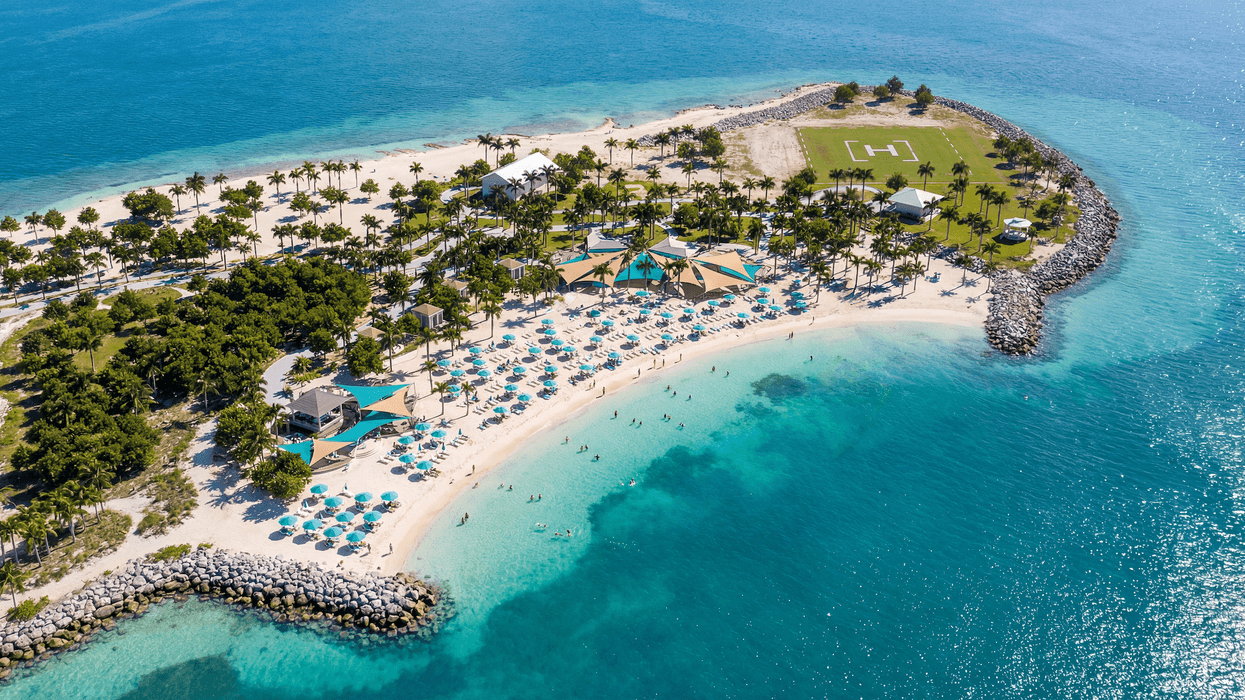

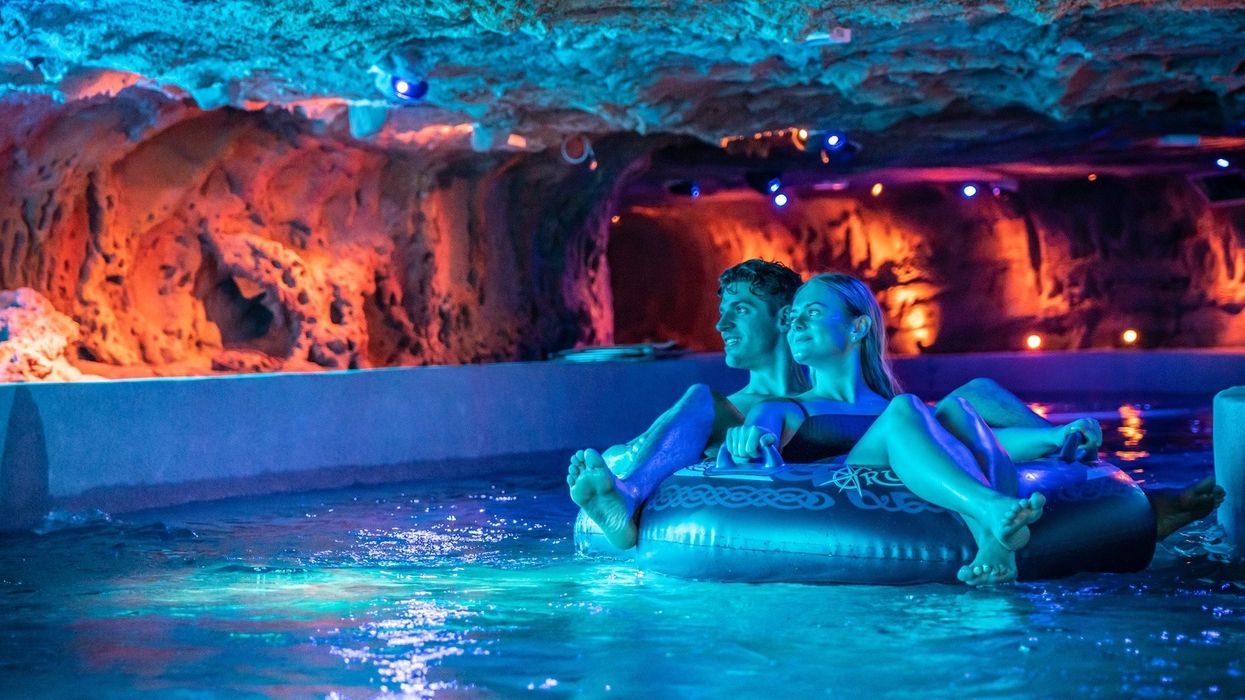
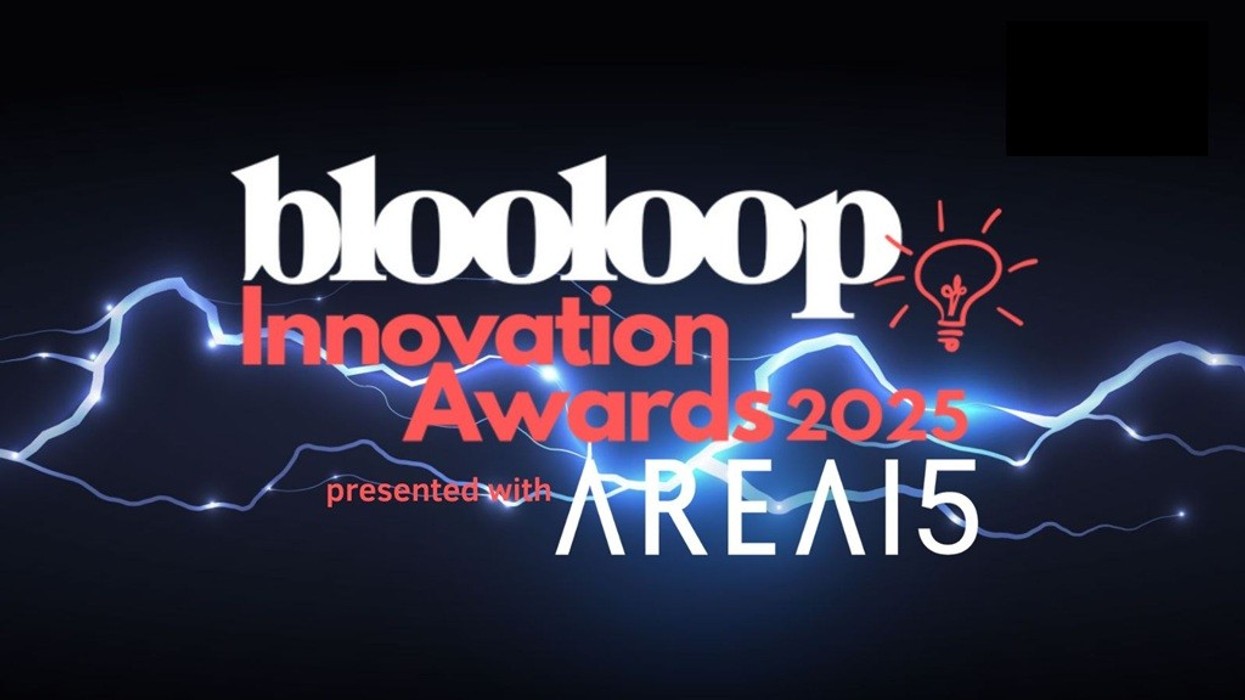

 Refik Anadol's Dataland
Refik Anadol's Dataland 
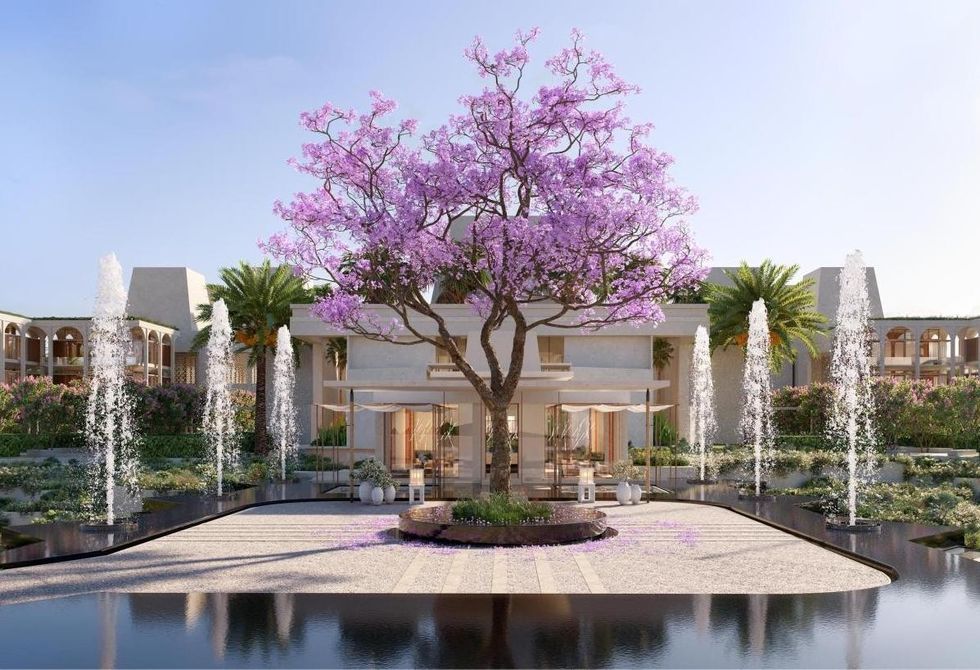 Clinique La Prairie, Amaala
Clinique La Prairie, Amaala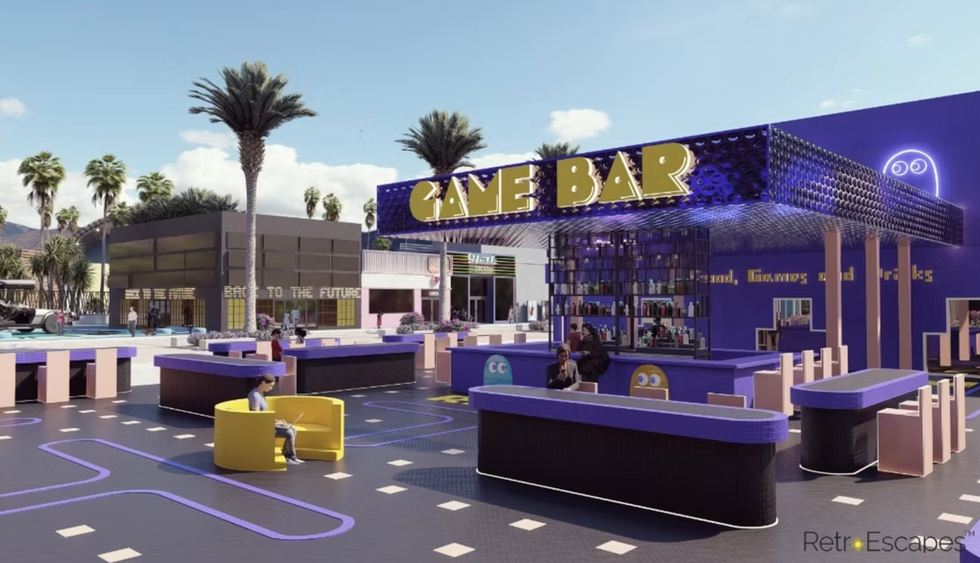

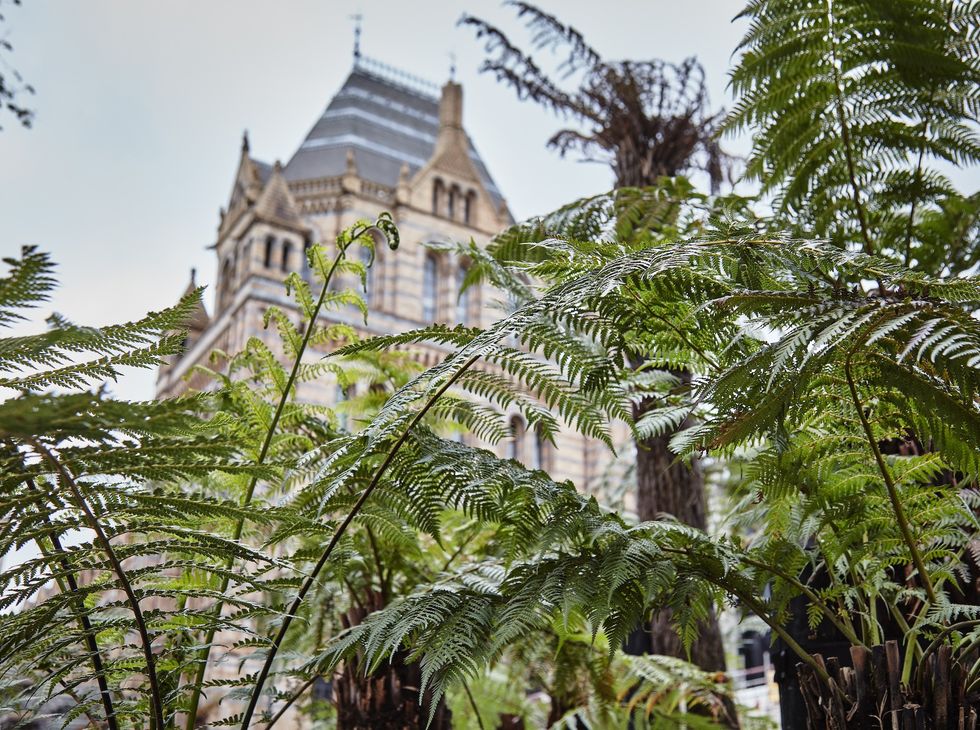
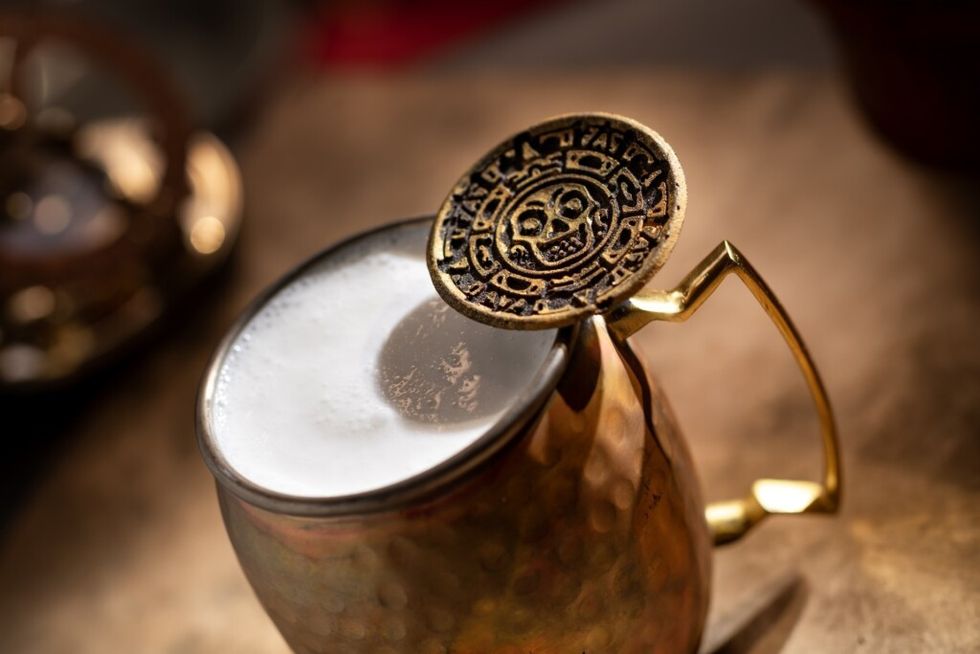
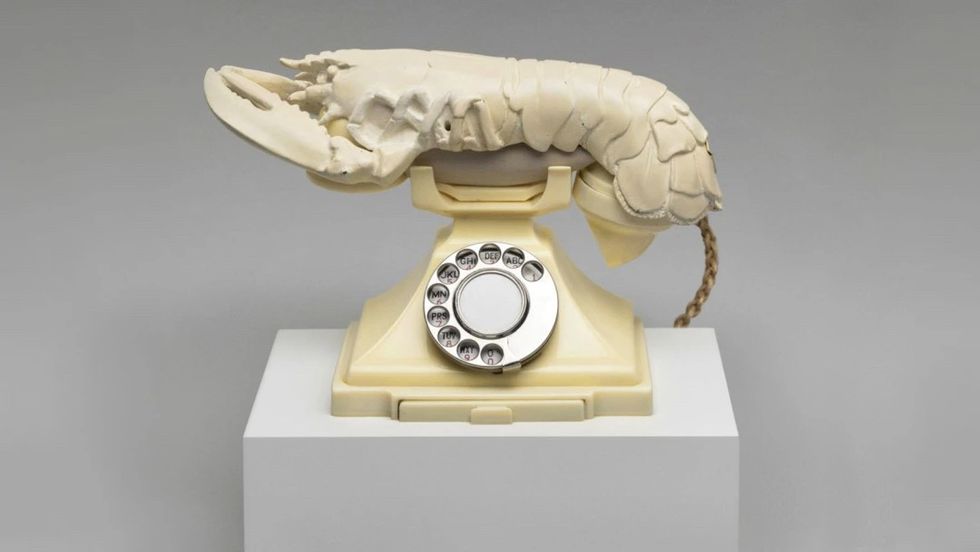 AI-powered Salvador Dalí answering visitor questions at the Dalí Museum
AI-powered Salvador Dalí answering visitor questions at the Dalí Museum


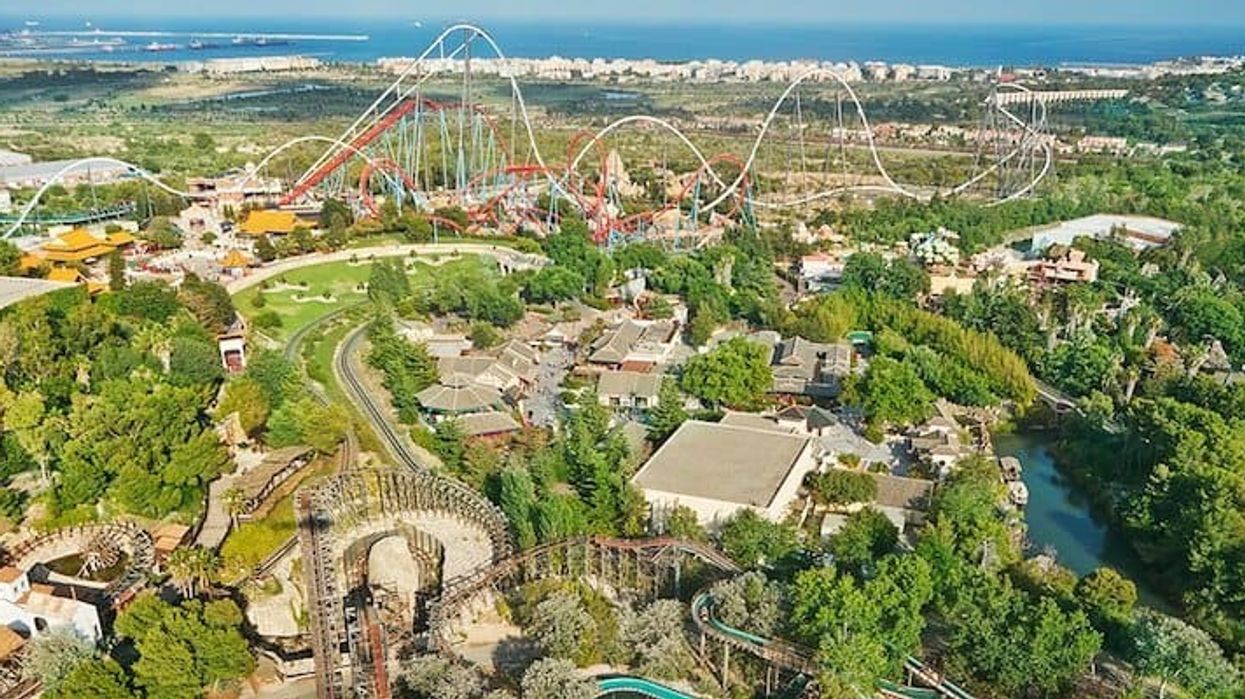
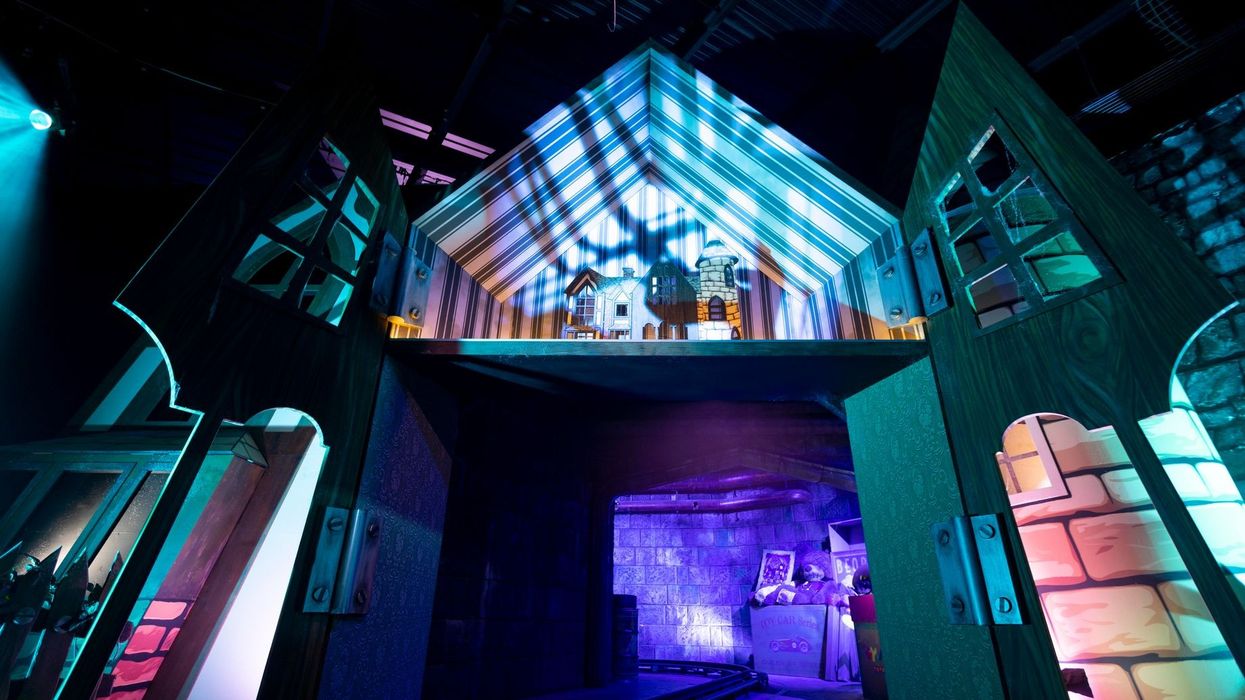
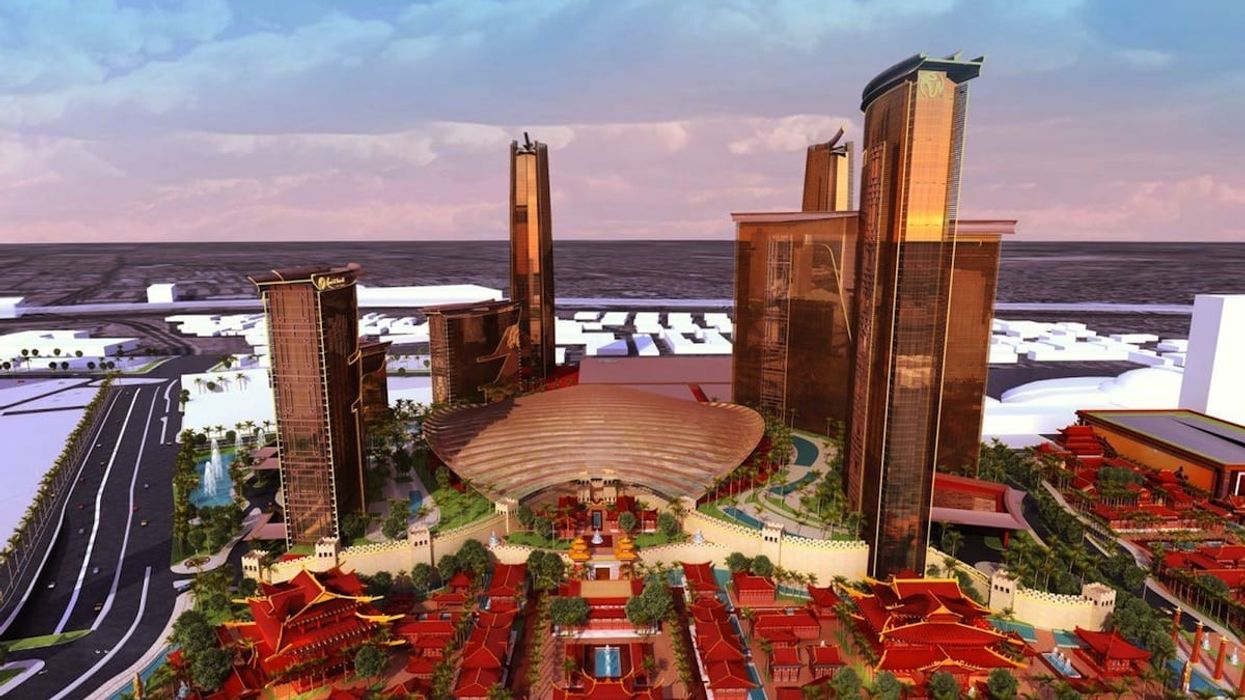



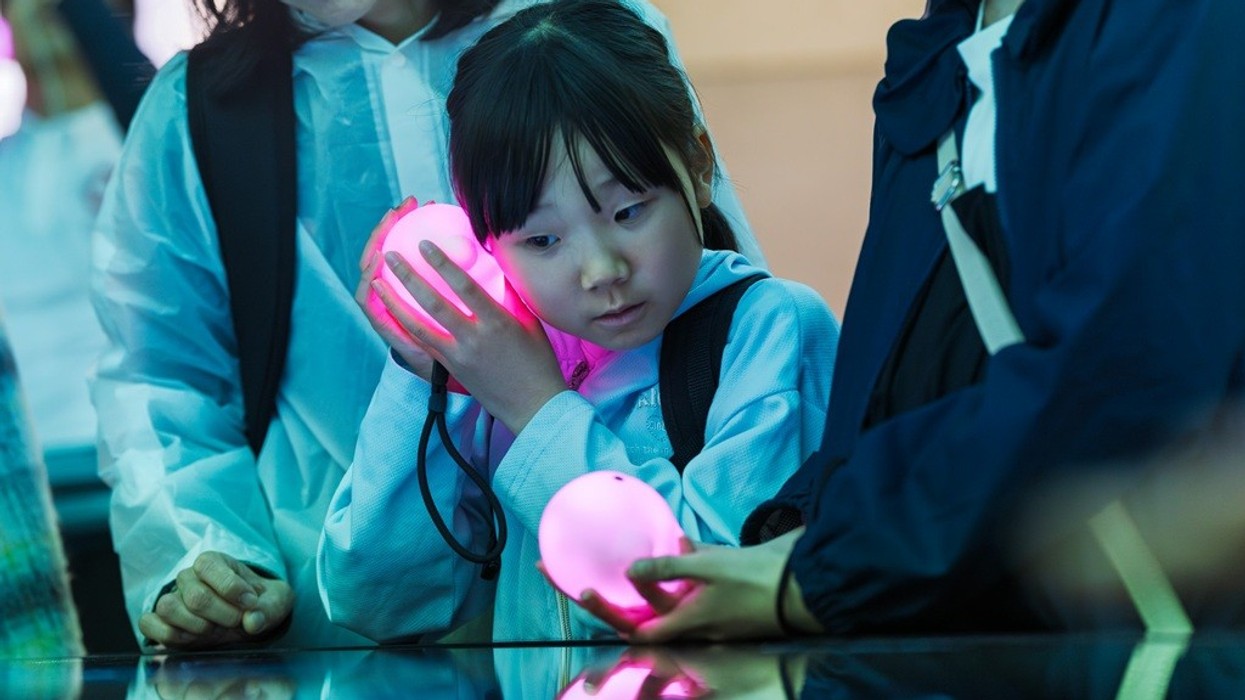

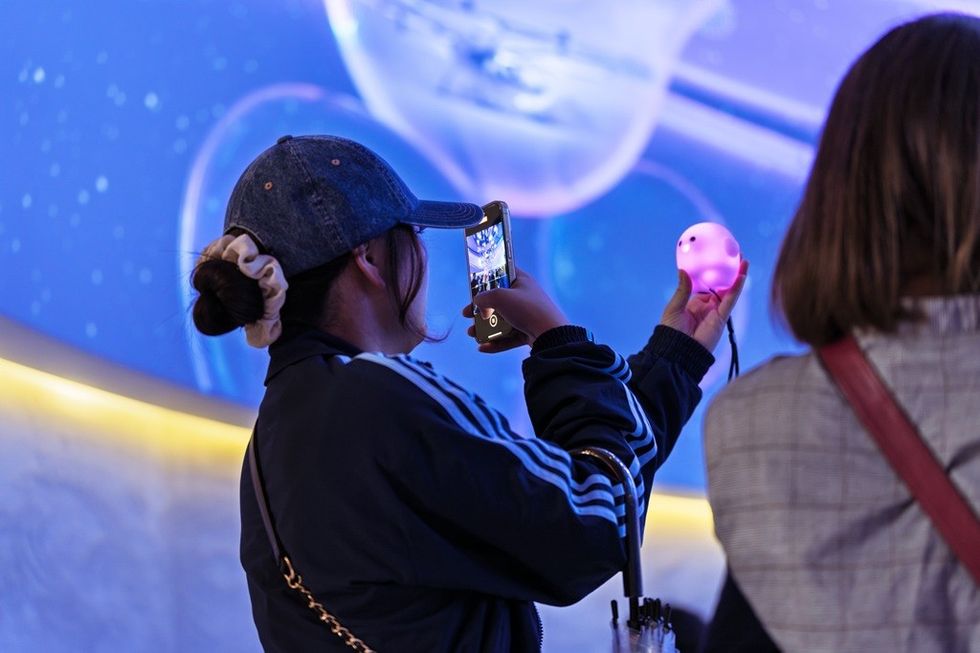
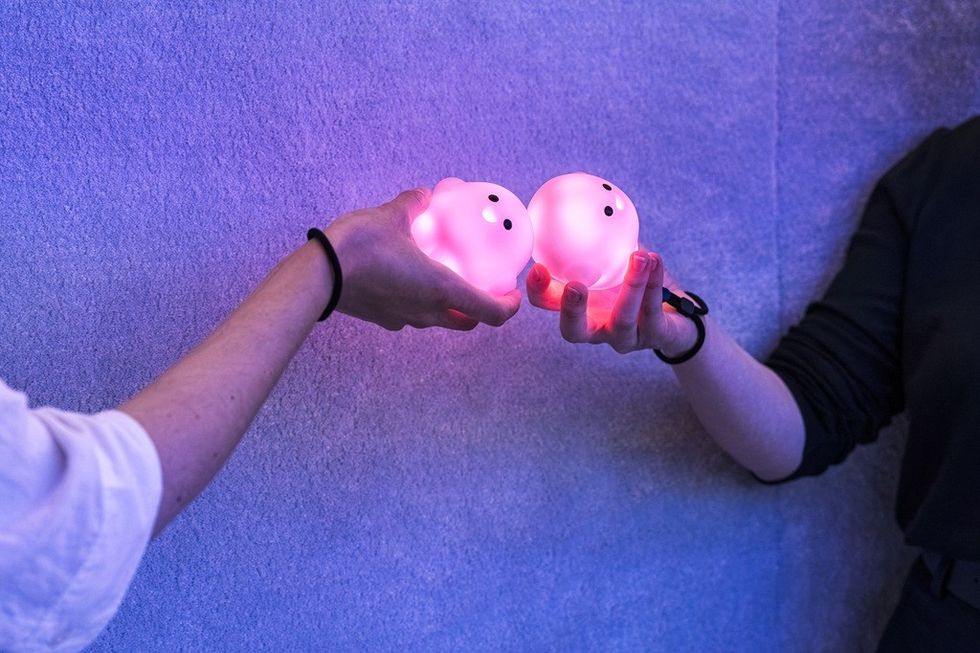
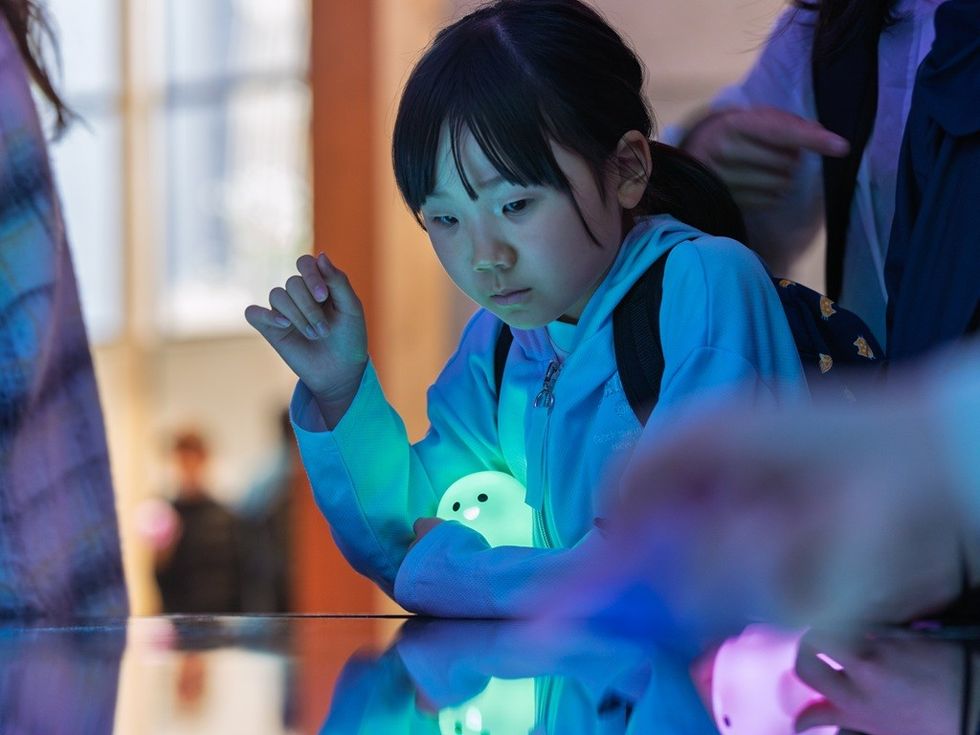

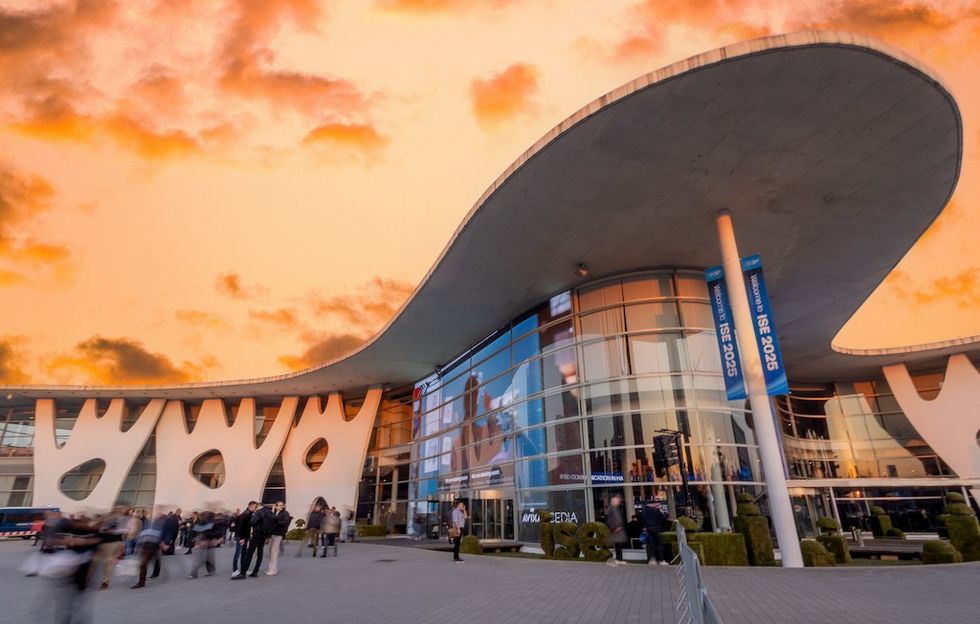

 Matt Clark
Matt Clark  Sol Rashidi
Sol Rashidi  ISE 2025
ISE 2025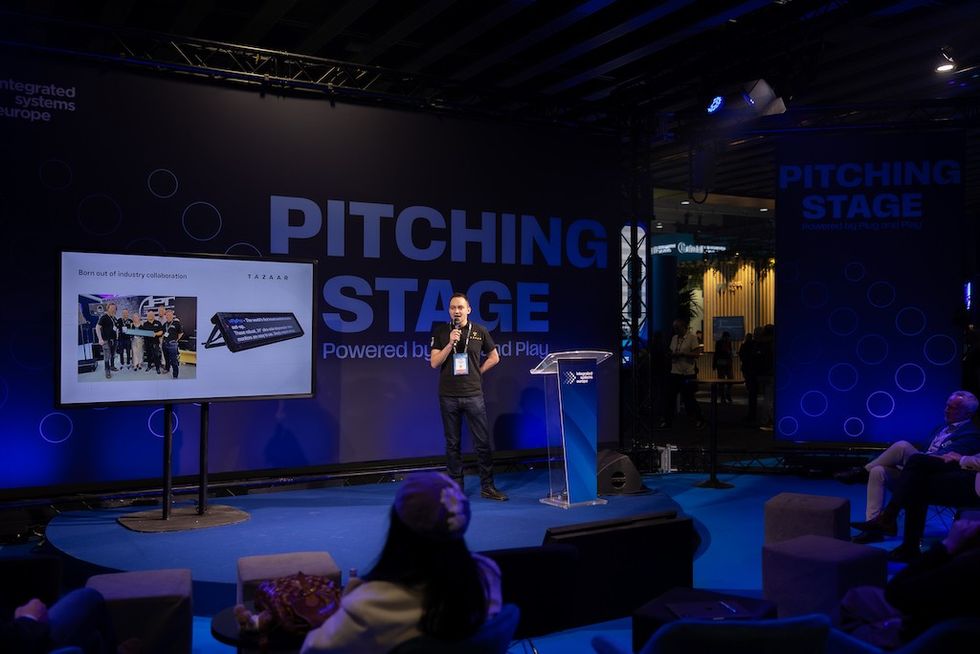
 ISE 2025
ISE 2025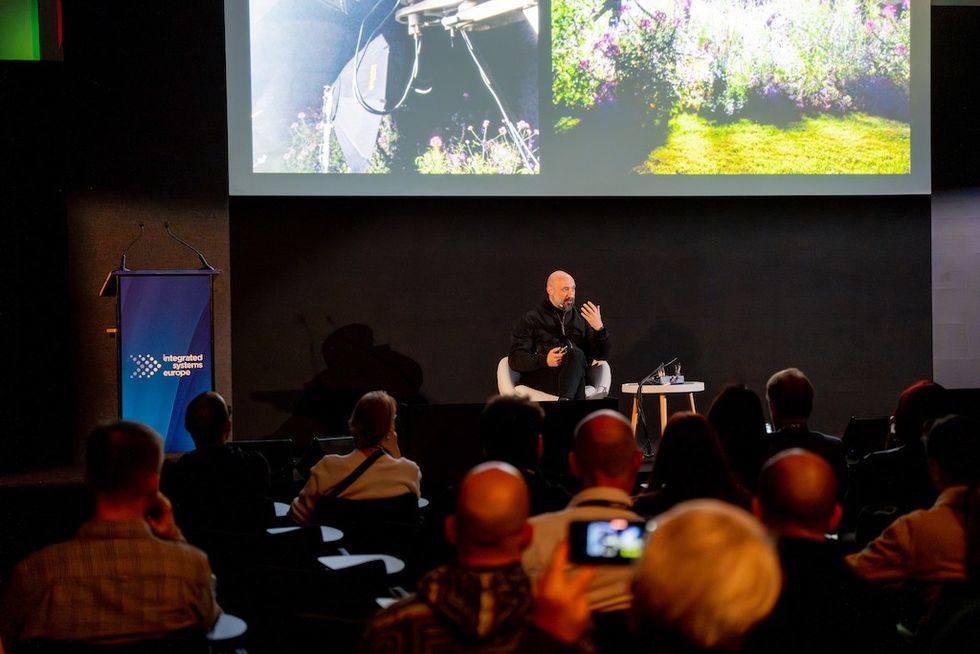 ISE 2025
ISE 2025





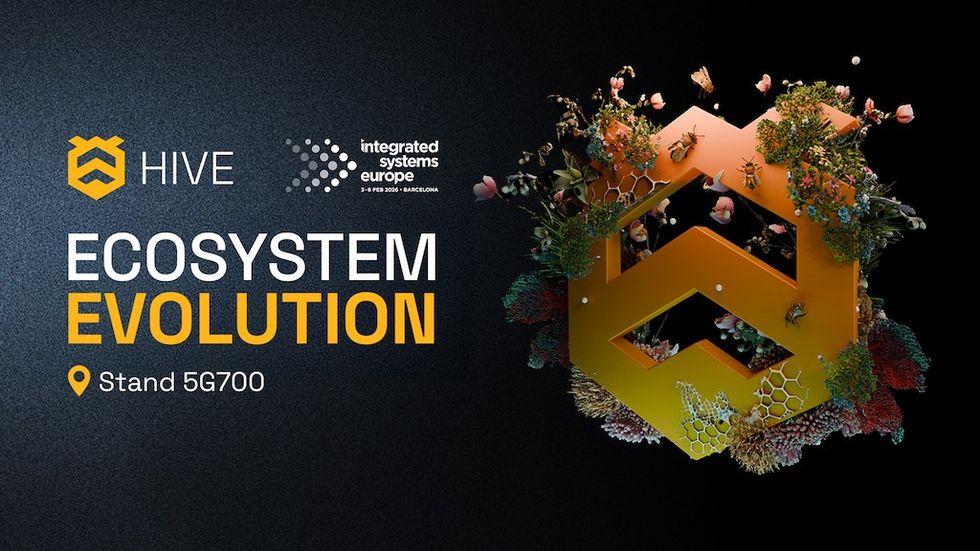
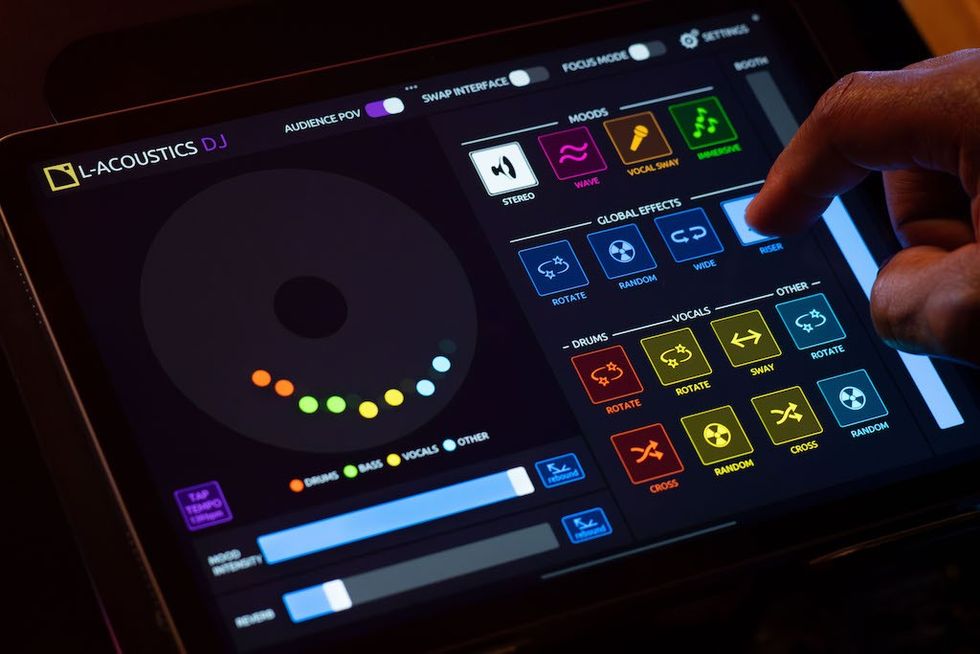 L-Acoustics to showcase HYRISS tech and more at ISE 2026
L-Acoustics to showcase HYRISS tech and more at ISE 2026 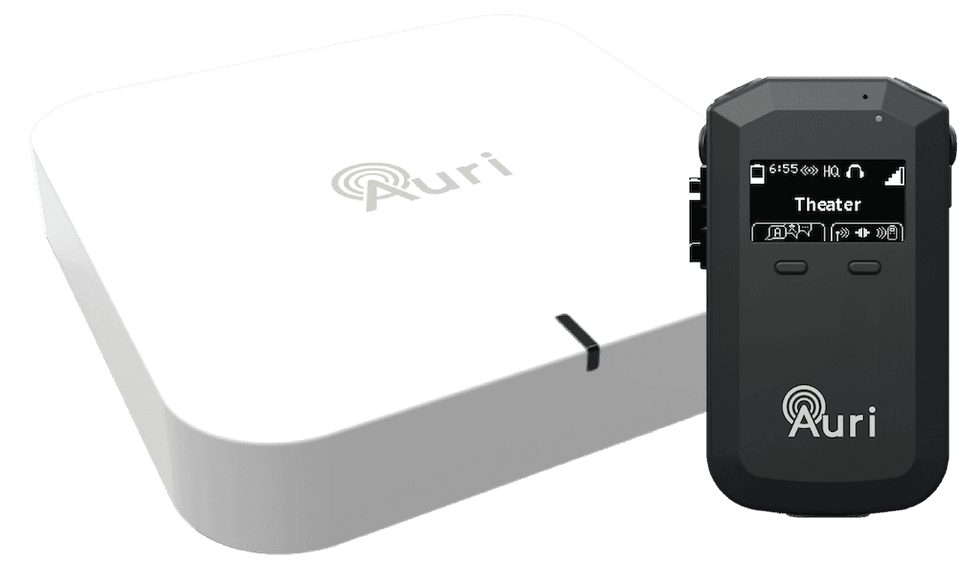



 James Dwyer
James Dwyer 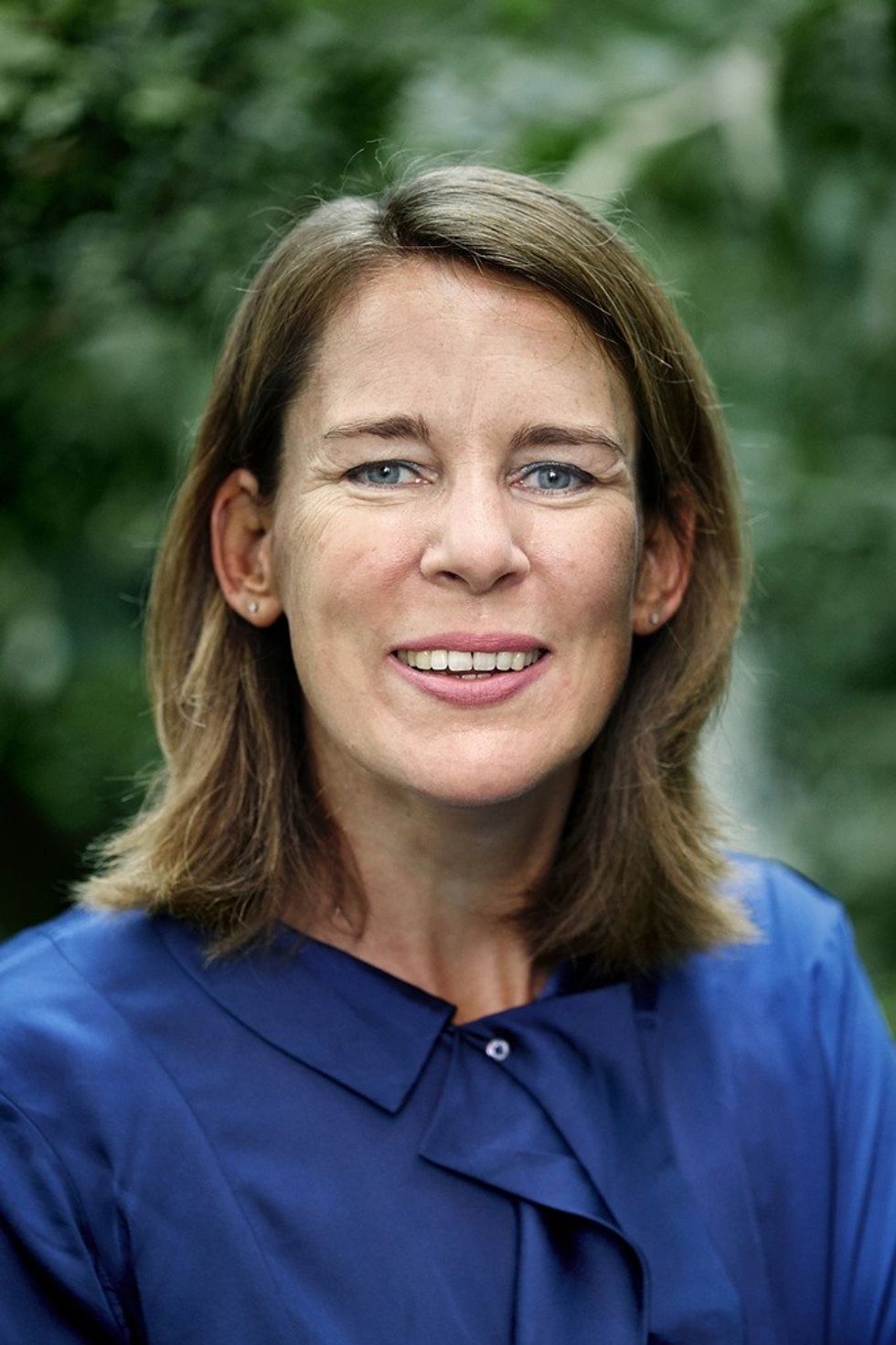 Anne-Marie Hoogerwerf Hospes
Anne-Marie Hoogerwerf Hospes Karl Durrant
Karl Durrant 